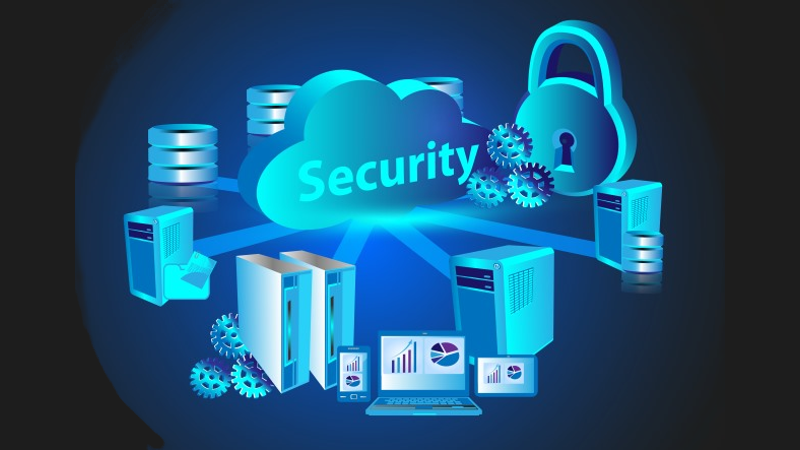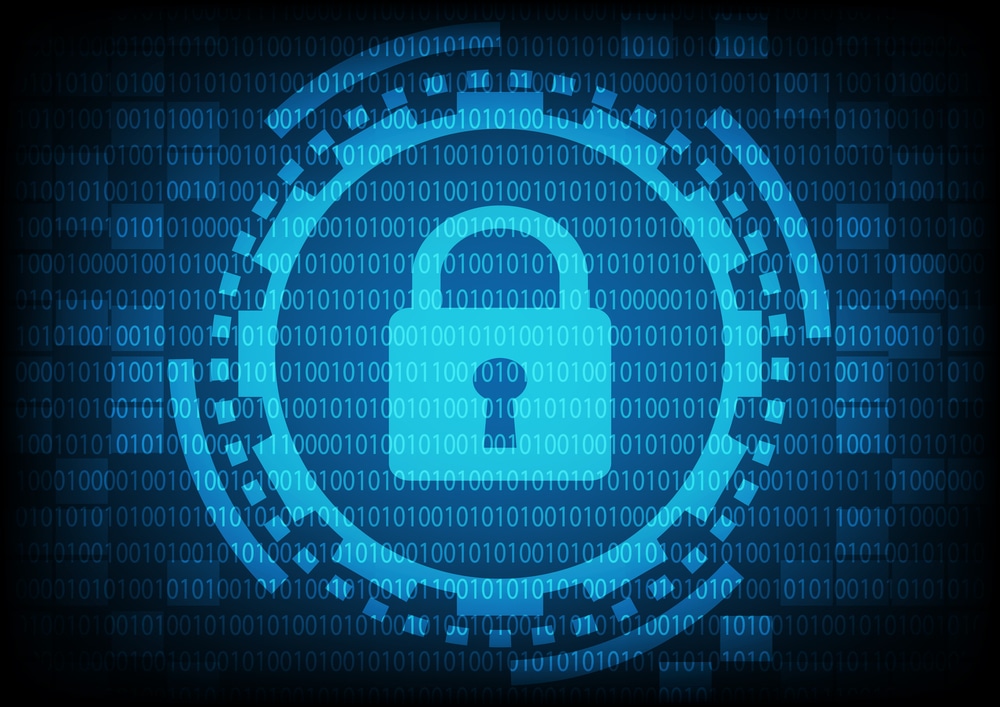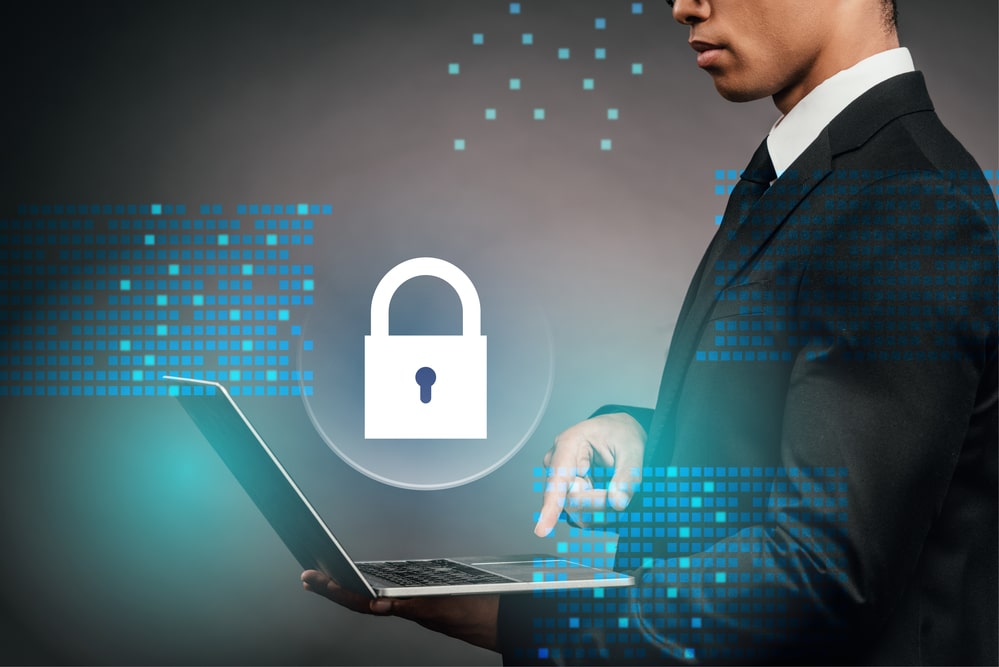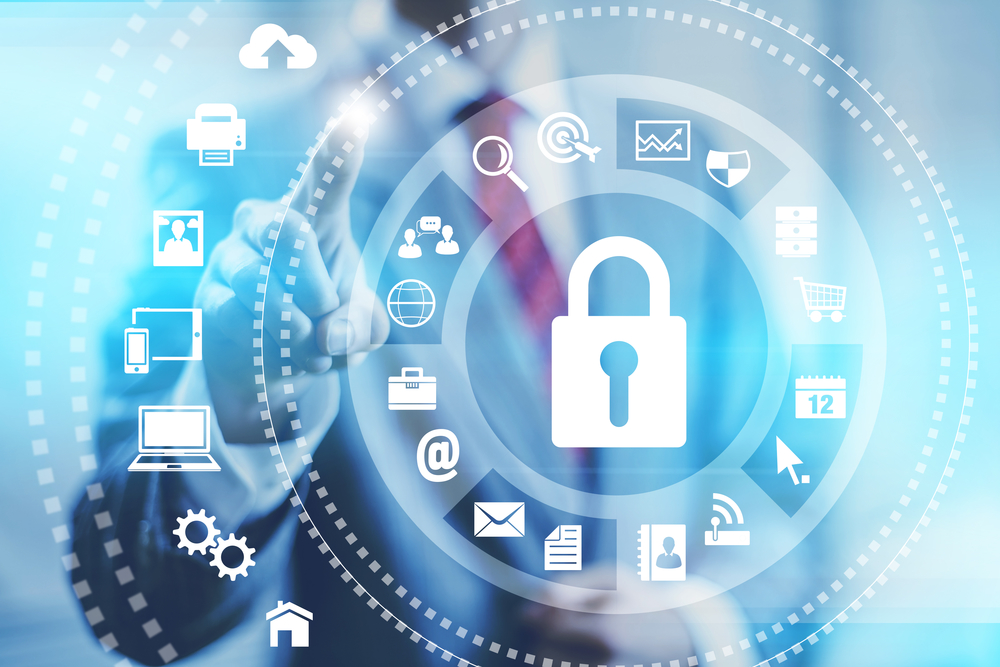
Getting to grips with cloud-native application protection platform (CNAPP) security -- to protect everything, everywhere, all of the time
As many CISOs are discovering, protecting cloud native environments requires a fundamental shift in thinking when it comes to keeping threats at bay. The huge change in the technology stack, the rapid delivery of software updates, and the unfettered use of open source, all present new challenges that old-style security tools cannot resolve.
Rather than using different point solutions that only solve specific security issues and need to be manually stitched together, Gartner recommends adopting a unified and end-to-end full lifecycle solution that starts in development and extends to deliver comprehensive runtime protection. In other words, a cloud-native application protection platform (CNAPP).

Complex PAM solutions mean organizations pay for features they don't need
Privileged access management (PAM) solutions are too complex, with 68 percent of organizations paying for features they don't need, according to a new report.
The report from Keeper Security finds 91 percent of organizations employ PAM and 84 percent of global IT leaders say they want to simplify their PAM solutions in 2023.

Real-world analysis finds the severity of many CVEs is overrated
The latest report from JFrog looks at the most prevalent vulnerabilities in 2022 with an in-depth analysis of open source security vulnerabilities that have most impact for DevOps and DevSecOps teams.
The report shows that the severity of six of the top 10 CVEs was overrated, meaning they scored higher in the NVD rating than in JFrog's own analysis. In addition the CVEs appearing within enterprises most frequently are low-severity issues that were simply never fixed.

Adopting a positive security culture and encouraging better employee awareness
Security failures happen. Unfortunately, in today’s always-on, highly digitized world, it is inevitable and a question of not if but when. We only need look at the news during the first few of weeks of 2023 to see several high-profile breaches reported, including T-Mobile and Mailchimp. The companies, its customers and its employees must remain on high alert in the coming months for increased phishing attempts from threat actors using credentials from the attack.
So many of these breaches get blamed on employees being socially engineered, highlighting the importance for employees to be more aware of their role in cybersecurity and for companies to have effective, thoughtful security training and intuitive security systems in place. Users are an organization’s biggest vulnerability; a well-known attack vector for data exfiltration that unfortunately cannot be completely closed. Today, organizations have a wide variety of users and any one employee, partner or supplier from any level within the company can present a vector through which a hacker can infiltrate the organization.

Top security trends you can expect in 2023
We’ve already had the first major API-related cybersecurity incident for 2023, and the year has barely started. The T-Mobile API breach exposed the personally identifiable information (PII) of 37 million customers. The API attack had been going on since November but was not discovered and disclosed until January 19, illustrating the threat of the "low and slow" approach of API attacks, which are increasing at a steady pace. Following research by Sam Curry that uncovered hundreds of API vulnerabilities in the automotive industry -- from Mercedes-Benz to Nissan to Kia to Ferrari and more -- it’s not surprising that 2023 has been dubbed "The Year of API Security."
Unfortunately, threats do not stop at API security. Today’s organizations -- and the world -- face inordinate security risks. What other threats and trends can we expect to see in the coming year?

Reddit reveals details of security incident that gave hackers access to internal documents, code and internal business systems
Reddit has fallen victim to a security incident that has been described as a "sophisticated and highly-targeted phishing attack". Hackers targeted employees of the site a few days ago, and were able to gain access to "some internal documents, code, and some internal business systems".
The unknown attackers sent Reddit employees "plausible-sounding prompts" leading to a website that cloned the behavior of the company's intranet gateway. While able to use an employee's credentials to steal data and code, user accounts are not affected.

Google launches new security and privacy features to mark Safer Internet Day
Google is using today's Safer Internet Day to announce a number of new security and privacy initiatives.
Among these are new ways to fill out passwords easily and securely in Chrome, more privacy protection for the Google app, improvements to Google Password Manger, and an expansion of SafeSearch to protect against explicit images.

You don't have to be clever to be a cybercriminal
Cybercriminals don't need to be clever and use inventive hacking exploits to breach systems as organizations are making things too easy for them, says a new report.
Intelligence-led computer security testing company SE Labs has released its annual Cyber Threat Intelligence report with a warning that CEOs need to take cybersecurity seriously or risk falling into the clutches of criminals eager to take their data and their money.

How emerging technologies are changing the security landscape [Q&A]
The cybersecurity world is a constantly evolving one. In recent years though we've seen the rise of new technologies like AI and quantum computing that, while they may revolutionize legitimate businesses, also have worrying implications for security.
We spoke to Kevin Kennedy, vice president of products at detection and response company Vectra AI, to find out more about the risks and what organizations can do about them.

IT and security pros spend over 4,000 hours a year on compliance
IT and security professionals spend an average of 4,300 hours annually achieving or maintaining compliance, according to a new study.
The survey, from automation platform Drata of 300 IT and security professionals in fast-growing organizations across the US, finds 87 percent of respondents have faced consequences as a result of not having continuous compliance, these include slowed sales cycles, security breaches, business interruption, loss of a business relationship, a damaged reputation, or fines.

Continuous Threat Exposure Management and what it means for enterprise security [Q&A]
This summer, Gartner introduced Continuous Threat Exposure Management (CTEM). This is a set of processes and capabilities that allow organizations to create a system for review of exposures that is faster than the periodic project-based approach.
With endless threats and vulnerabilities hammering today's organizations, exposure management that evaluates the accessibility, exposure and exploitability of all digital and physical assets is necessary to govern and prioritize risk reduction for enterprises.

Organizations need a holistic approach to cyber threats
A new survey of 300 organizations across the US and Europe looks at the key challenges concerning the ability to effectively prioritize and contextualize the large amounts of data organizations get from several cyber security alert systems, as well as identifying the actions needed to meet them.
The survey, conducted for Darktrace by IDC, finds evolving attack vectors make it difficult to prepare proactively, with only 31 percent of respondents highly confident that their tools can continuously adjust to new configurations.

Lazarus Group targets medical research and energy
Researchers at WithSecure have uncovered a cyberattack campaign linked back to North Korea's notorious Lazarus Group.
It is extremely rare to be able to link a campaign so strongly to a perpetrator as WithSecure has been able to do here. The Hackers have been targeting medical research and energy organizations with the intent to commit espionage.

Number of new Common Vulnerabilities and Exposures (CVEs) expected to increase in 2023
We can expect to see more than 1,900 new Common Vulnerabilities and Exposures (CVEs) per month in 2023, including 270 high-severity and 155 critical-severity vulnerabilities -- a 13 percent increase from published 2022 levels.
This is according to a report from cyber insurance provider Coalition, which finds that most CVEs are exploited within 90 days of public disclosure, with the majority exploited within the first 30 days.

87 percent of container images have high risk vulnerabilities
Due to the nature of modern software design and the sharing of open source images, security teams face a large number of container vulnerabilities according to a new report.
The study from Sysdig, based on real-world data sets covering billions of containers, thousands of cloud accounts, and hundreds of thousands of applications, finds 87 percent of container images have high or critical vulnerabilities.
